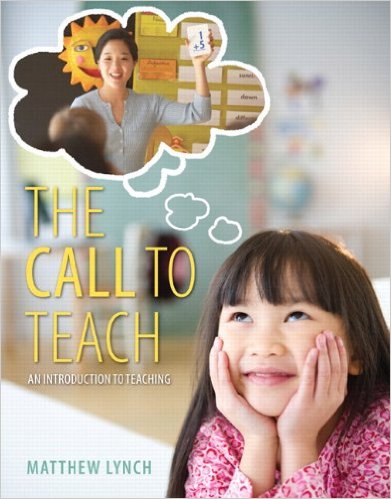How an induction year can make all the difference to novice teachers

Maureen Robinson, Stellenbosch University
New teachers have several options once their degrees are finished. Some want to study further, whether in their subject area or cutting across to broader issues like special needs education or education policy. Others hope to travel, teach overseas and learn about different countries’ school systems.
In South Africa, according to an internal planning report by the Department of Higher Education, more than 15,000 new teachers are expected to graduate from universities in 2015.
Research shows that the first year at work is toughest for novice teachers. Some may be barely older than their learners, or daunted by having to manage large classroom groups. Some may feel intimidated that they have to master enough content knowledge to teach all the subjects in the primary school curriculum. Some may feel overwhelmed by the social problems in the community surrounding the school.
How best can the education system support these new teachers in such a way that they become competent and confident while also retaining their passion, enthusiasm and idealism? One possible intervention is induction, where novice teachers receive structured mentoring and support by more experienced teachers in their first year or two at work.
This has worked well in countries as diverse as Switzerland, France, China, New Zealand and Japan – and there is evidence to suggest it could be very useful in South Africa.
A long term investment
The South African Council of Educators has mooted the introduction of an induction year from 2017. The statutory body believes that induction can promote the image of teaching by helping to identify those who are not able to live up to the profession’s required ethical standards.
I recently attended a presentation by independent education specialist Martin Prew for the Centre of Development and Enterprise in Johannesburg. Prew argued that induction enhances teacher effectiveness, strengthens teaching skills, helps with professional socialisation and, most importantly, has been shown globally to lower teacher attrition.
Nobody will contest the value of providing support to novice teachers. But the nature of this support, and how best to implement it, still needs much discussion.
Stanford University’s Linda Darling-Hammond, who has researched the issue extensively, told the Centre of Development and Enterprise there were several key factors for effective induction. These include:
- trained mentors who can give useful feedback;
- opportunities to view and analyse good classroom practice;
- a reduced load for beginner teachers;
- shared planning time; and
- additional learning experiences such as seminars about assessment, how to work with parents, and so on.
This is much more than the general orientation to school rules and policies that often goes under the guise of induction. It requires far more time and commitment than is often available to senior teachers in the busy school year.
What, then, are some of the issues that should be considered as South Africa sets about designing an induction programme for new teachers?
Time, training, cost and certification
The first issue is time. This must be built into the crowded school day so that new and experienced teachers can get together and talk in earnest and thoughtful ways about their challenges, interventions and suggestions. Those designing the induction system must ensure that the pressures of a full curriculum and a myriad of administrative tasks do not mean such talk remains perfunctory, without analysis and reflection.
The second issue is that of training. An experienced teacher is not the same as a good mentor. Once mentors are identified, they themselves may need guidance on how best to support new teachers. The question of who will provide this training is at this stage not clear.
Cost is the third issue. School-based mentoring, which is sensitive to the context of the individual teacher and school, and is grounded in practice, has been shown to be most effective in the long run. However, a standardised model of mentor training will be cheaper to implement, as one set of guidelines can be developed and teachers can be trained in a centralised venue.
Finally, there is the matter of certification. Presently it is universities which have the legal competence to provide qualified teacher status. If full qualification status becomes dependent on passing the induction year, a new framework of certification will need to be developed with its own rules and requirements, as well as its own bureaucracy and quality assurance mechanisms.
It is very doubtful that this is desirable in a system which already struggles with the capacity to carry out its work.
An important discussion
None of these considerations should detract from seriously considering the introduction of teacher induction. Any intervention that can support new teachers and add value to the teaching profession is worth exploring.
All those involved in teacher preparation should look forward to a deep discussion about the purpose and potential of induction, and careful planning as to how this might be achieved.
![]()
Maureen Robinson, Dean, Faculty of Education, Stellenbosch University
This article was originally published on The Conversation. Read the original article.





